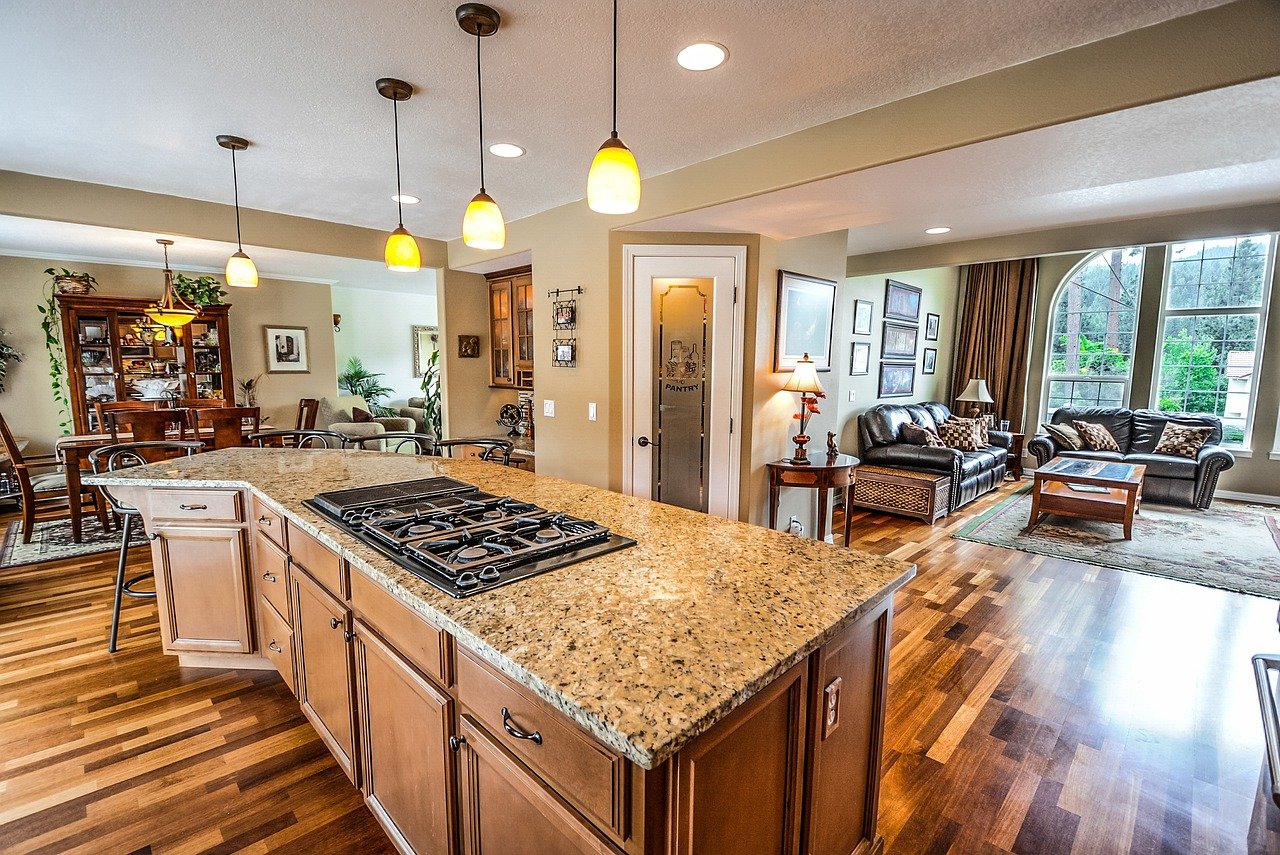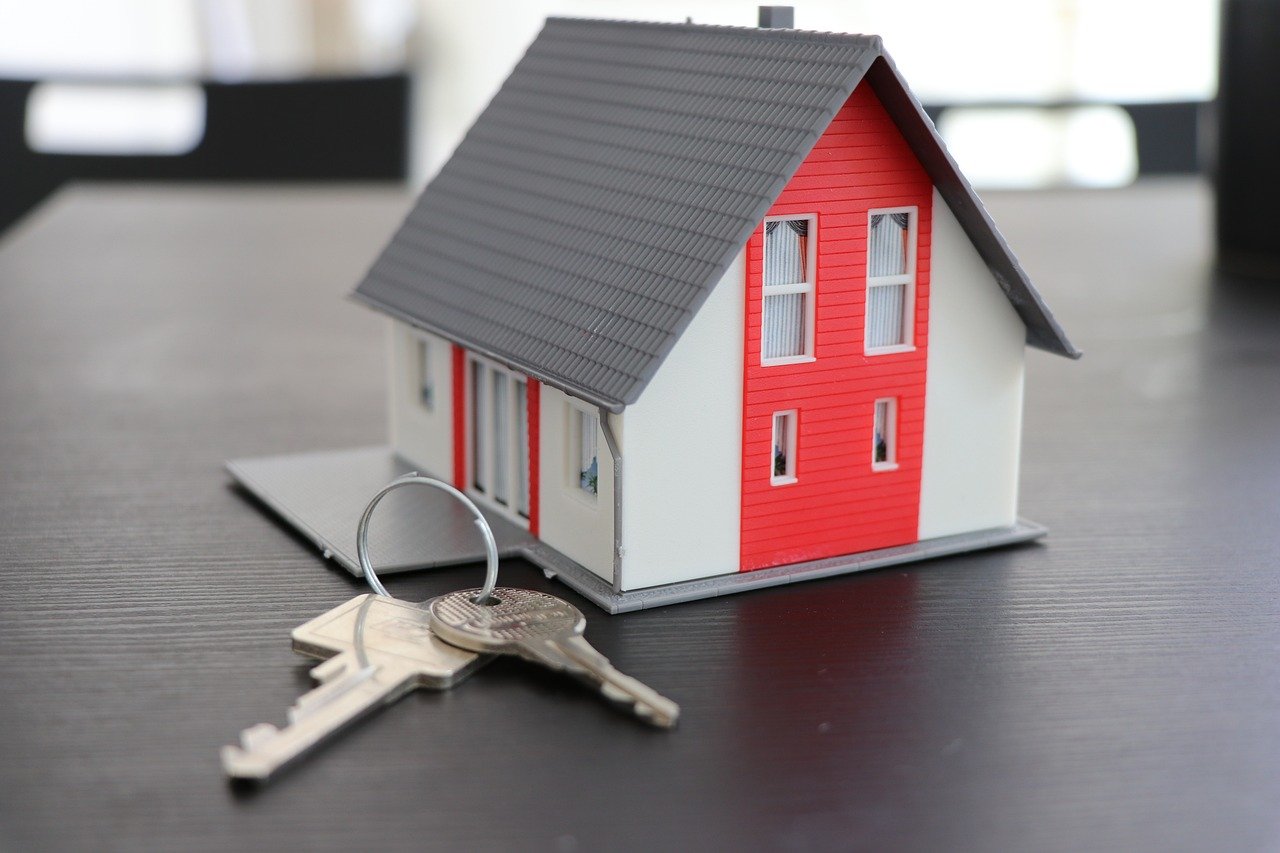
Advice.
We recommend

Considering a commercial real estate investment? There are several important things you need to understand first.
Investing in commercial versus residential property: What you need to know
JACK NEEDHAM | SEP 06, 2019
Article updated 2 September 2021.
Residential property investment tends to grab the headlines, but there’s another type of asset that offers the security of bricks and mortar with high returns and long-term security.
Just like homes, commercial properties span a wide range of prices and locations, but they also offer a great deal more choice in terms of asset type.
Like all investments, residential and commercial properties have their pros and cons, and which asset is most suitable for you will vary by individual circumstances.
News
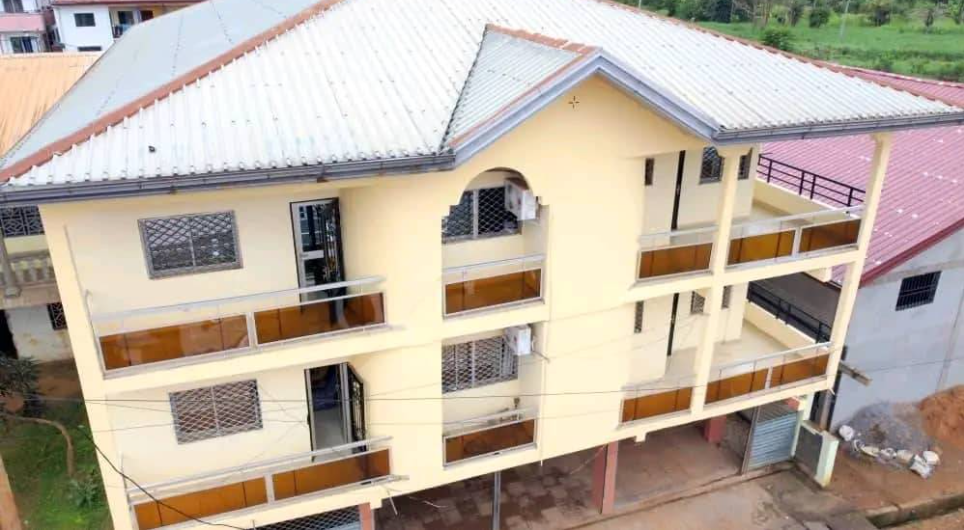 /Property for lease in Limbe Cameroon.
/Property for lease in Limbe Cameroon.
News
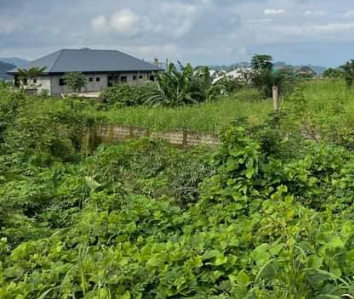 Commercial Land for sale in Limbe Cameroon.
Commercial Land for sale in Limbe Cameroon.
ADvice
 How to finance your first commercial property
How to finance your first commercial property
Featured Properties Lease Sale
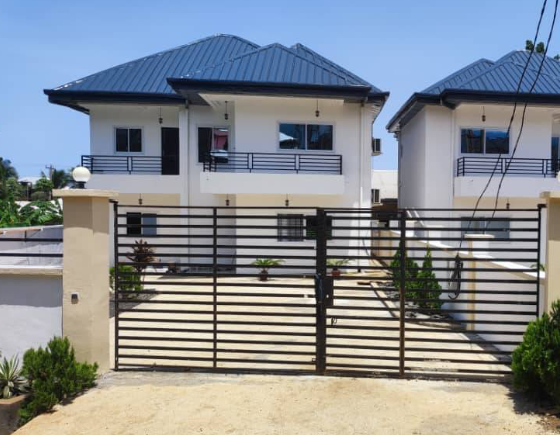 Lease FOR SALE IN LIMBE Cameroon, 4 BEDROOM 5 BATHROOM FULLY FURNISHED DUPLEX FOR SALE. CONTACT AGENCY
Lease FOR SALE IN LIMBE Cameroon, 4 BEDROOM 5 BATHROOM FULLY FURNISHED DUPLEX FOR SALE. CONTACT AGENCY
 Investment Opportunity in limbe Cameroon: Prime Hectares of Palm Farm for Sale in limbe Cameroon,CONTACT AGENCY
Investment Opportunity in limbe Cameroon: Prime Hectares of Palm Farm for Sale in limbe Cameroon,CONTACT AGENCY
Latest News

“With commercial [property] you typically have a longer lease and the tenant pays the outgoings on the property and that’s just a fantastic thing for cash flow,” says Rich Harvey, a buyer’s agent and chief executive of propertybuyer.com.au.
But, having helped investors purchase both residential and commercial assets, Mr Harvey says commercial assets have a “greater risk factor” and that it pays for first-time investors to take their time and conduct proper due diligence before making a purchase.
To help you get started on your commercial property investment journey, here are answers to some of the most important questions.

And as Mr Harvey tells his clients, before getting started it pays to seek independent financial advice, as each investor’s financial situation will differ.
The good news is that, once invested in the commercial market, strong yields and a higher deposit increase the likelihood that your property investment will be positively geared.
Ready to start the search for your next commercial investment?
[investment_australia]
[investment_victoria]
[investment_queensland]
.

Why you should consider investing in commercial over residential
Seasoned investor or first-timer, commercial property has some distinct advantages.
- High yields (return relative to purchase price)
- Better cash-flow and higher chance of being “positively geared”
- Long-term tenants
- A wide variety of asset choices and purchase prices
- Locked-in rent increases
- Opportunities for capital growth
- Low maintenance
- Outgoings are paid for by the tenant
.
A bigger deposit upfront is one of the biggest stumbling blocks for first-time commercial investors

How is commercial property investment different to residential?
Commercial property investment also comes with a deal more complexity than residential investment, requiring prospective buyers to be well-versed on the ins and outs of commercial leasing and to have a higher financial buffer in place. Some of the risks associated with commercial property include:
- Longer vacancy periods between tenants
- Variable lease lengths and conditions
- Higher deposits are required when purchasing
- A high level of research and due diligence is required
- Purchasing process can be confusing for first-time buyers
- A property’s value is largely reliant on the strength of its lease
- Capital growth is tied to business confidence
- Large repair jobs could be expensive
Are commercial properties less affordable than residential properties?
While most residential properties consist of apartments and houses (as well as others such as townhouses and villas), commercial investments could be anything from a parking space to an industrial warehouse or childcare centre. This means prices can sometimes start from less than $50,000, but can also go up well beyond the cost of a home.
“There are a lot of reasons why a first-time investor should consider commercial,” says Chris Kombi, a director at Melbourne-based commercial agency Fitzroys.
“Generally they provide a higher return on investment and the tenant generally pays all of the outgoings. People are also looking for more security when it comes to commercial property, with long lease terms and inbuilt rent increases.”
Mr Kombi suggests prospective buyers start their property search by defining the price they can afford, the asset type that best suits their needs and the area they are willing to buy in.
“Commercial real estate can be as affordable as you want it to be really. It’s just a matter of searching within your price bracket,” he says.
What are the differences between residential and commercial lease agreements?
Most residential lease agreements follow a standard form set by the state government. There might be some variations – such the addition of a pet clause or agreements surrounding the use of common areas – but by and large they are fairly standard between properties. In contrast, most terms of a commercial lease agreement are up for negotiation between the tenant and landlord. As a result each commercial property will have a unique lease agreement with mutually agreed terms

– with variations potentially adding thousands to the value of the property (if the terms are favourable to the landlord) In contrast, most terms of a commercial lease agreement are up for negotiation between the tenant and landlord. As a result each commercial property will have a unique lease agreement with mutually agreed terms – with variations potentially adding thousands to the value of the property (if the terms are favourable to the landlord). Mr Kombi recommends getting a solicitor to look over any commercial property lease before agreeing to buy a commercial property that has a tenant already in place. “It’s a question of having things checked thoroughly by a solicitor, particularly if they’re not sure how to read a lease. There are things like options and initial leases that could have a substantial impact on an investor’s plans,” he says.
Mr Harvey says that it’s also important to do background research on the tenant who is on the lease. While an agreement might look rock solid on paper, if the tenant declares bankruptcy and you lose rental income, your property could suddenly be worth a whole lot less.
“I think people don’t realise that they need to do a lot of due diligence on the lease and making sure that the tenant on the lease is in good shape,” says Mr Harvey. “Let’s say you’ve bought a property that’s leased to a company that’s going out of business, that lease is going to be worthless.”
Unlike residential, zoning is also an important consideration for commercial investors. If you’re buying a vacant property with the intention of putting a new tenant in, it’s important to make sure that the new use of the property is consistent with the zoning regulations, he says.
If you’re buying an untenanted property it’s also important to note that you may be liable for GST (tenanted properties – classified as a “going concern” – may be eligible for a GST rebate).
Are commercial properties more difficult to lease than residential properties?
Signing up to a commercial lease is a major financial commitment, and so it takes a longer period of time to find a new tenant when the old one leaves. This means that you, as a landlord, need to be prepared to cover outgoings during this period and also be prepared to absorb any lost earnings in between tenants.
“There are some greater risk factors with commercial, the first being vacancy. If someone has scraped together two or three hundred thousand to get a property and then a tenant leaves you’ll have to sell in a fire sale,” Mr Harvey says.
He recommends getting a financial buffer in place to cover periods of vacancy. This could be in the form of equity from residential investments.

What are the differences between residential and commercial lease agreements? Most residential lease agreements follow a standard form set by the state government. There might be some variations – such the addition of a pet clause or agreements surrounding the use of common areas – but by and large they are fairly standard between properties. Mr Kombi recommends getting a solicitor to look over any commercial property lease before agreeing to buy a commercial property that has a tenant already in place.
“It’s a question of having things checked thoroughly by a solicitor, particularly if they’re not sure how to read a lease. There are things like options and initial leases that could have a substantial impact on an investor’s plans,” he says.
Mr Harvey says that it’s also important to do background research on the tenant who is on the lease. While an agreement might look rock solid on paper, if the tenant declares bankruptcy and you lose rental income, your property could suddenly be worth a whole lot less.
“I think people don’t realise that they need to do a lot of due diligence on the lease and making sure that the tenant on the lease is in good shape,” says Mr Harvey. “Let’s say you’ve bought a property that’s leased to a company that’s going out of business, that lease is going to be worthless.”
Unlike residential, zoning is also an important consideration for commercial investors. If you’re buying a vacant property with the intention of putting a new tenant in, it’s important to make sure that the new use of the property is consistent with the zoning regulations, he says.
If you’re buying an untenanted property it’s also important to note that you may be liable for GST (tenanted properties – classified as a “going concern” – may be eligible for a GST rebate).
Are commercial properties more difficult to lease than residential properties?
Signing up to a commercial lease is a major financial commitment, and so it takes a longer period of time to find a new tenant when the old one leaves. This means that you, as a landlord, need to be prepared to cover outgoings during this period and also be prepared to absorb any lost earnings in between tenants.
“There are some greater risk factors with commercial, the first being vacancy. If someone has scraped together two or three hundred thousand to get a property and then a tenant leaves you’ll have to sell in a fire sale,” Mr Harvey says.
He recommends getting a financial buffer in place to cover periods of vacancy. This could be in the form of equity from residential investments.
- Personalized plans to maximize your returns and achieve your real estate investment goals.
